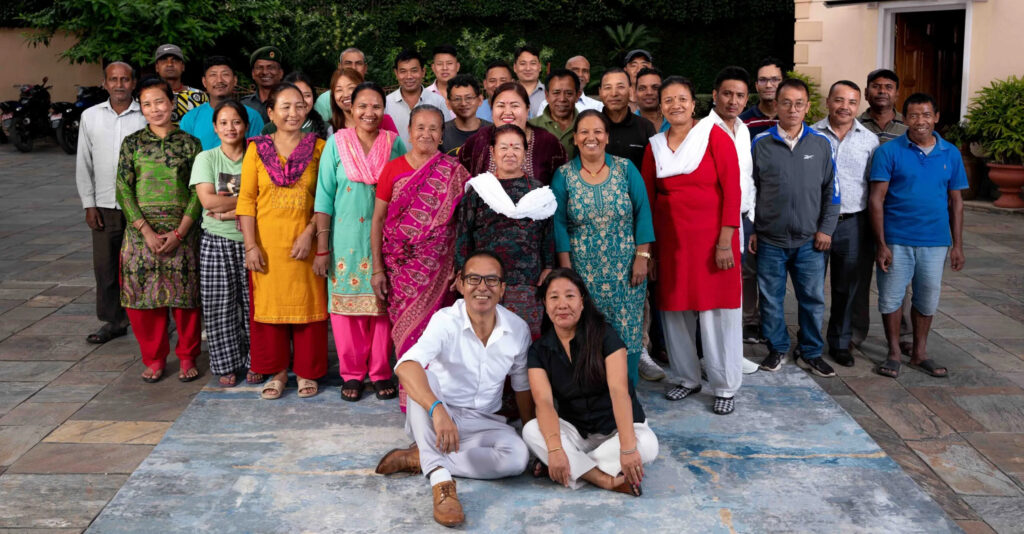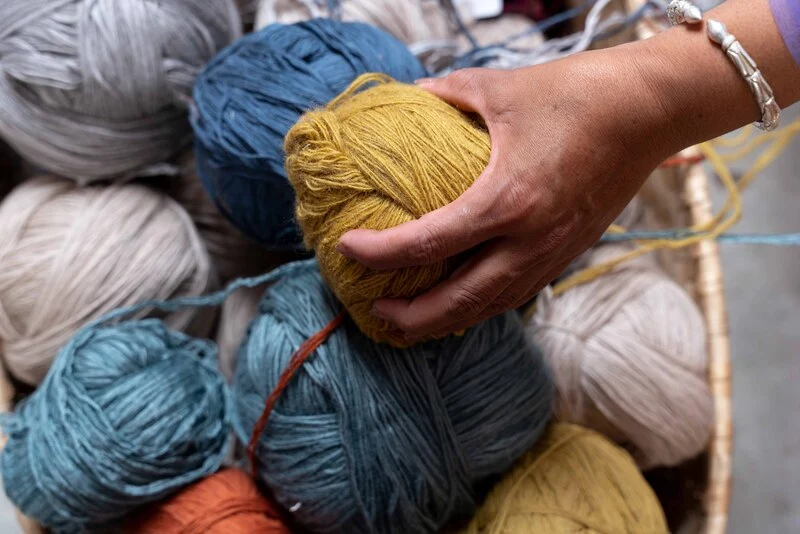Excerpt: Eco-friendly rugs represent a growing niche in the home décor market, blending style and sustainability. For wholesalers seeking profitable opportunities, understanding the demand for sustainable rugs is key. This guide offers everything you need to tap into this eco-conscious market with insights, trends, and actionable strategies.
Learn more about wholesale deals from our dedicated page on wholesale rugs.
The Growing Demand for Sustainable Rugs
In recent years, sustainability has become a defining factor in consumer purchasing decisions. People in countries like the US, UK, Canada, Australia, and across Europe are actively seeking eco-friendly options for their homes. Rugs made from sustainable materials cater to this demand while offering a high-quality aesthetic that aligns with modern interior trends.
Eco-conscious consumers often prioritize products that minimize environmental impact, and rugs made from natural fibers such as wool, jute, and bamboo are increasingly popular.
According to Allied Market Research, the global market for sustainable home goods has grown steadily over the past decade, showing no signs of slowing down. Wholesalers who invest in this trend can position themselves as leaders in a lucrative and responsible market segment.
Additionally, the influence of social media and increasing transparency in the supply chain have made sustainability a key consideration.
Consumers now demand that brands demonstrate clear environmental and ethical commitments, creating an excellent opportunity for wholesalers to offer products that meet these criteria.
With a projected increase in disposable income in eco-conscious households, the demand for sustainable home goods is expected to grow exponentially in the coming years.
What Makes a Rug Eco-Friendly?
For a rug to qualify as eco-friendly, it must meet several key criteria. These include the use of natural or recycled materials, ethical manufacturing processes, and minimal environmental impact during production. At NP Rugs, established in 1991 in Kathmandu, Nepal, we specialize in crafting high-quality rugs that meet these standards.
Our rugs are made using renewable resources and adhere to fair labor practices, ensuring that every product supports both the environment and the people involved in its creation. By prioritizing sustainability, we help wholesalers offer products that resonate with conscious consumers.
Benefits of Offering Sustainable Rugs Wholesale
Stocking sustainable rugs as a wholesaler offers numerous advantages.
- Higher Profit Margins: Eco-friendly products often command premium prices due to their perceived value and quality.
- Expanding Market Appeal: Sustainable rugs attract a diverse range of customers, including environmentally conscious homeowners, businesses, and interior designers.
- Brand Reputation: Associating your business with sustainability enhances your brand’s reputation and builds trust with customers.
By partnering with trusted manufacturers like NP Rugs, wholesalers can deliver products that meet the demands of a growing market while strengthening their own competitive position.
Best Materials for Eco-Friendly Rugs
The following table highlights the key materials used in sustainable rugs, along with their benefits:
| Material | Key Features | Environmental Benefits |
| Wool | Durable, insulating, and biodegradable | Renewable resource, naturally decomposes |
| Jute | Strong, versatile, and fast-growing | Requires minimal water and pesticides to cultivate |
| Bamboo Silk | Luxurious, soft texture with natural shine | Harvested sustainably, eco-friendly alternative to traditional silk |
| Recycled Materials | Made from recycled textiles or plastics | Reduces landfill waste and promotes circular economy |
By offering a diverse range of materials, wholesalers can cater to varying customer preferences and interior design needs.
How to Source Sustainable Rugs
Finding a reliable supplier is crucial for success in the sustainable rug market. Here’s what to look for:
- Reputation and Expertise: Work with established brands like NP Rugs that have a proven track record of quality and sustainability.
- Certifications: Ensure suppliers have certifications such as Fair Trade, Global Organic Textile Standard (GOTS), or OEKO-TEX® to validate their eco-friendly claims.
- Customization Options: Many customers prefer unique, made-to-order designs. Partnering with a supplier that offers customization allows you to meet this demand.
By carefully vetting suppliers, you can build a wholesale inventory that reflects your commitment to sustainability and quality.
Marketing Strategies for Sustainable Rugs
To effectively market sustainable rugs, emphasize their unique benefits and eco-friendly attributes. Start by crafting a compelling narrative around the environmental and social impact of your products. Highlight details such as:
- The use of natural materials
- Support for ethical practices
- Benefits of reduced carbon footprints
Leverage online platforms like social media, e-commerce websites, and email marketing to reach your audience. Share customer testimonials and case studies to build credibility and trust.
Additionally, attending trade shows and industry events can help you connect with potential buyers and showcase your product range.
Key Wholesale Opportunities in Sustainable Rugs
The sustainable rug market offers multiple opportunities for wholesalers:
- Residential Décor: Homeowners are the largest consumer segment, seeking eco-friendly rugs for living rooms, bedrooms, and dining spaces.
- Commercial Spaces: Hotels, offices, and retail stores often look for stylish, sustainable rugs to enhance their interiors.
- Interior Designers: Professionals in the design industry value high-quality, customizable rugs for their projects. Learn more about: Custom Rugs vs. Ready-Made Rugs: Why Personalization Matters
By identifying and targeting these segments, you can maximize your reach and profitability.
Challenges and How to Overcome Them
While the eco-friendly rug market is promising, it’s not without challenges. Common obstacles include:
- Higher Production Costs: Sustainable materials and ethical labor practices can increase costs. Offset this by educating customers about the long-term value of eco-friendly products.
- Limited Awareness: Some consumers may not be aware of the benefits of sustainable rugs. Use effective marketing to highlight these advantages.
- Supply Chain Issues: Ensure you have reliable suppliers like NP Rugs to maintain consistent inventory levels.
By proactively addressing these challenges, you can build a resilient and successful wholesale business. Learn more about how to overcome these challenges from this guide: Wholesale Rugs 101: Common Challenges and How to Overcome Them
Why Choose NP Rugs as Your Partner

Since 1991, NP Rugs has been a trusted manufacturer of sustainable, high-quality rugs. Based in Kathmandu, Nepal, we combine traditional craftsmanship with modern eco-friendly practices to create products that stand out in the market. Our commitment to quality and sustainability has earned us recognition as a leader in the industry.
Partnering with NP Rugs means access to a wide range of customizable designs, competitive pricing, and reliable customer support. Whether you’re just starting or looking to expand your inventory, we’re here to help you succeed.
Related Articles:
- A Guide to Hand-Knotted Rugs vs Hand Tufted Rugs
- Understanding Rug Materials: A Wholesale Buyer’s Guide
- Maximizing Profits with Wholesale Rugs: Tips for Retailers and Designers
- The Business of Rugs: How to Source and Sell Wholesale Rugs Successfully
- Why Handwoven Rugs Are a Wholesale Favorite Among Luxury Buyers
Conclusion: Take the First Step Today
The eco-friendly rug market is a dynamic and growing sector filled with opportunities for savvy wholesalers. By aligning your business with trusted suppliers, understanding consumer preferences, and adopting effective marketing strategies, you can thrive in this sustainable niche. Explore the range of sustainable rugs available at NP Rugs and start building your wholesale success today.

